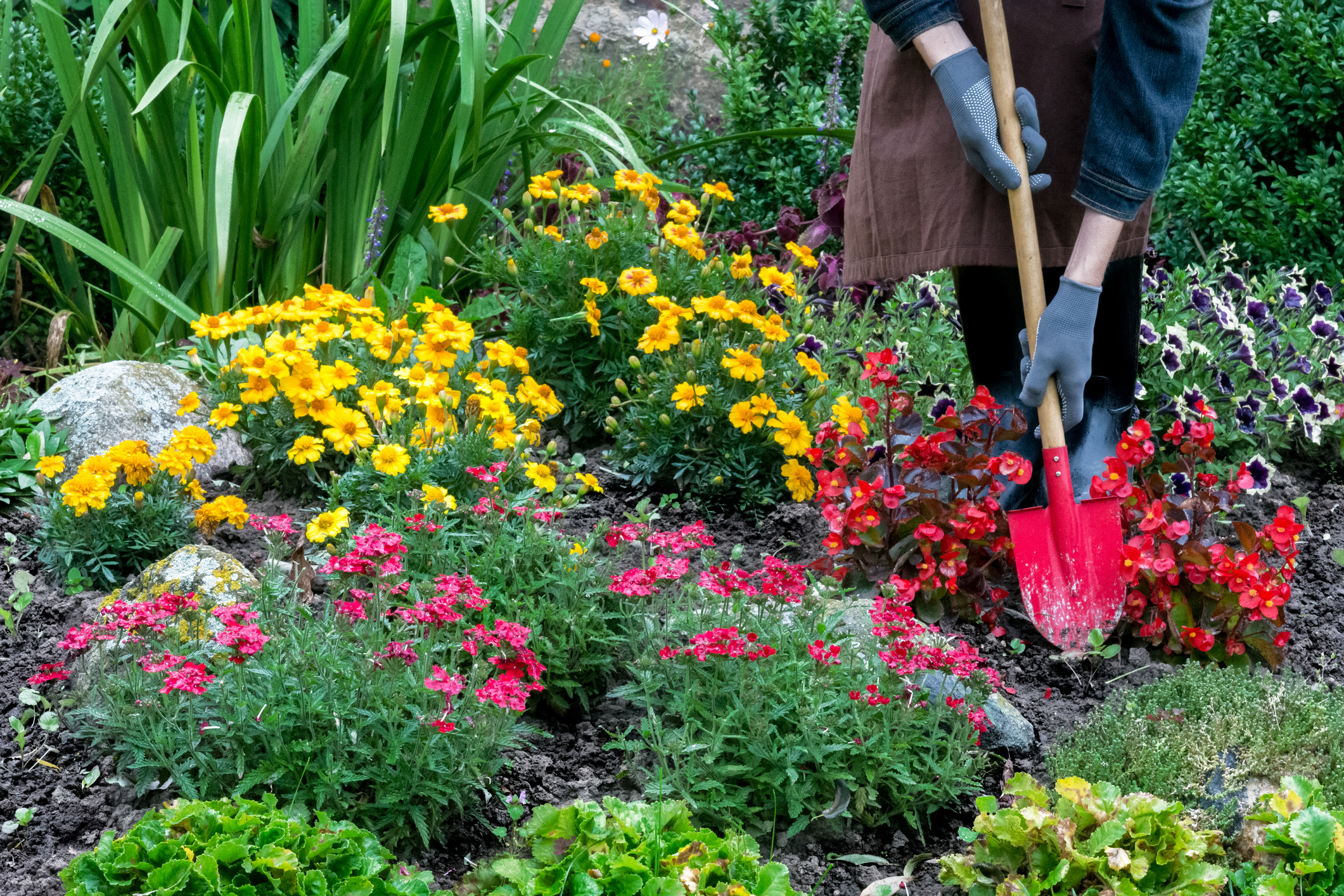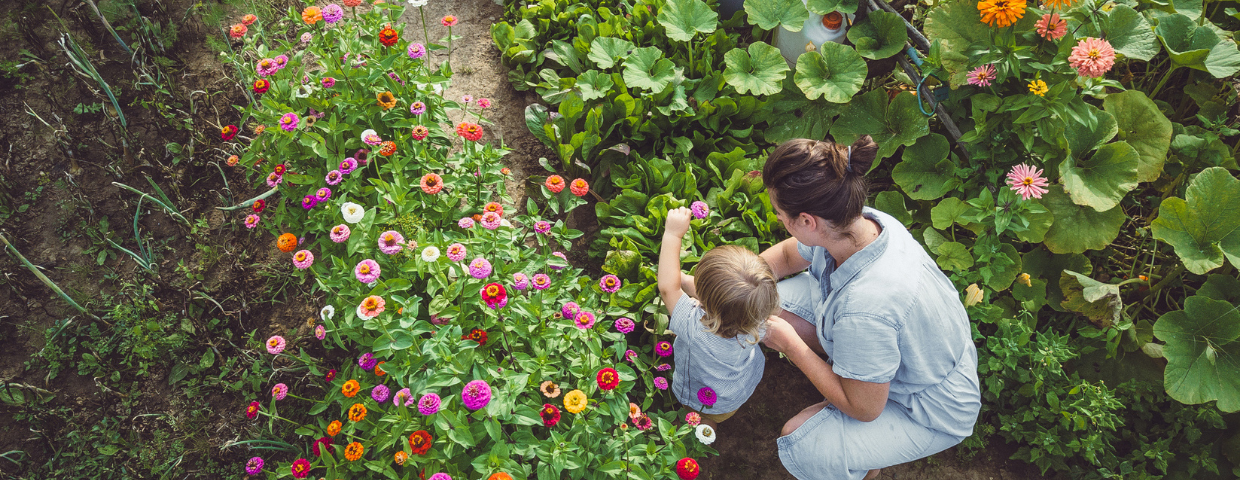This time of year, there is much to be done in the garden. Whether you tend to a few veggie plants, have a sprawling urban farm, or tend to a flourishing, flowering sanctuary, spring is a critical time of the year to focus on the health of your garden to keep it fertile heading into summer. Geography and climate play a large role in what a garden needs at different times throughout the year. The following information will help you build out your springtime gardening to-do list depending on where you live. But first, here are a few tips that apply to gardeners of all regions and climates.
Gardening During Spring
Weeding
No matter where you live, weeds can be an issue for your garden. By carving out some time to weed your flower beds and garden in spring, you’ll be ahead of the curve when summer comes around. Use this time to check for any infestations or fungi growing on your plants and flowers.
Watering
Water is the lifeblood of a healthy garden. Keeping your plants and flowers irrigated is paramount, especially so in the spring, since proper watering now will have your garden in top shape as the months get warmer and drier. For plants that require significant watering, place saucers under their pots to catch the excess.
Mulching
Spring is a great time of year to mulch your garden. Mulch helps to keep your soil moisturized when temperatures rise, keeps weeds at bay, and enriches your soil with organic matter.
Clean Your Water Features
Throughout the warmer months of the year, ponds, bird baths, and other water features become a magnet for rapid algae growth. Clean your water filters and remove decaying leaves to keep them clean and algae-free.

Image Source: Getty Images – Image Credit: Jurgute
Springtime Gardening Tips by Region
Pacific Northwest
Pacific Northwesterners can expect to continue to divide perennials while it is still wet out. Once the sun becomes more consistent in late spring, it’s time to transfer any plants you seeded indoors to the outdoors. This time of year brings more sun breaks, which, combined with steady rain, creates rich gardening conditions. Deadhead your rose bushes of any old blooms and begin seeding your annuals.
Northern California
By April, gardeners in Northern California can begin to plant warm-season plants and fertilize perennials. With sunny and dry days dominating the weather pattern, temperatures will begin to rise. Accordingly, it’s important to check your sprinkler and irrigation systems and make repairs/replacements as needed before it gets hot. Check for signs of fungal diseases or evidence of insects throughout the garden before their damage spreads.
Southern California
As the days get hotter in Southern California, gardeners can plant tropical plants and perennials outdoors. This is a great time of year to check whether you have substantial mulch around the base of your plants and trees and add as necessary. If you plan to grow tomato plants, potatoes, or bell peppers, they should be planted by mid-spring.
Southwest
Southwesterners should fertilize their perennials and plant warm-season plants in early spring. When adding mulch, be mindful of your garden’s mulching limit. Adding too much can make it difficult for plants to push up through the ground. Given the fact that this climate typically experiences very few rainy days in mid-Spring and beyond, it’s the right time to plant palm trees and cacti. It’s also the right time of year to give your sprinklers and irrigation system a complete checkup.
Mountain West
There is a bit of waiting game with springtime gardening in the Mountain West, but once the snow has melted, the green thumbs have the green light to get out in the garden. Plant fruit trees and strawberries once it has begun to warm up in April and spread compost around the garden to help reduce weeds and enrich the soil. Once frost is a thing of the past, turn on your irrigation system and check for any leaks. Early May is usually a good time of year to begin planting your vegetable garden.
For more tips on working out in the garden, read our guide to sustainable gardening:
 Facebook
Facebook
 X
X
 Pinterest
Pinterest
 Copy Link
Copy Link
